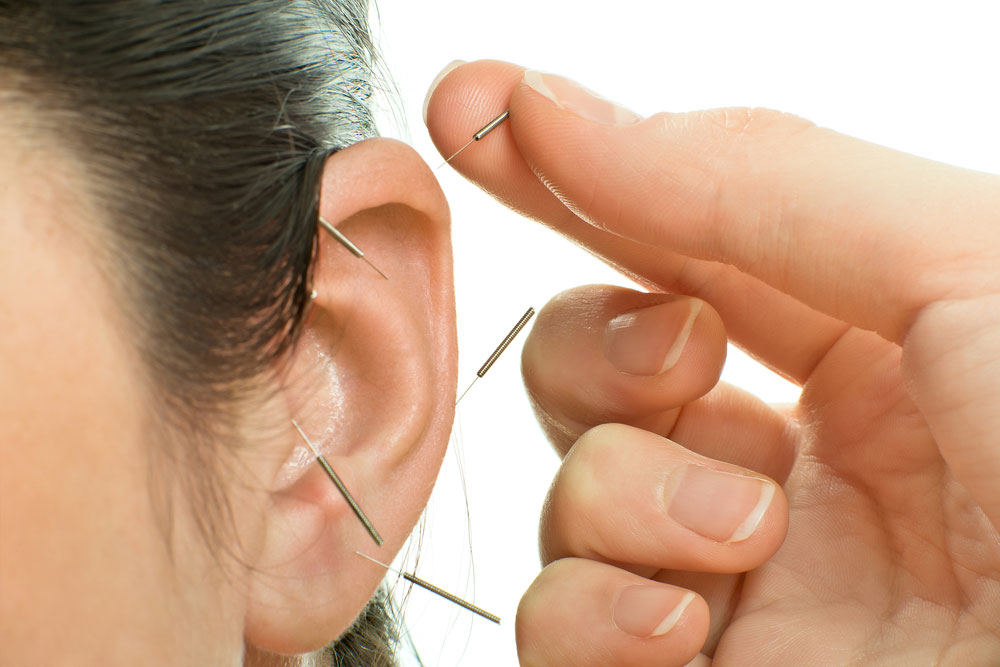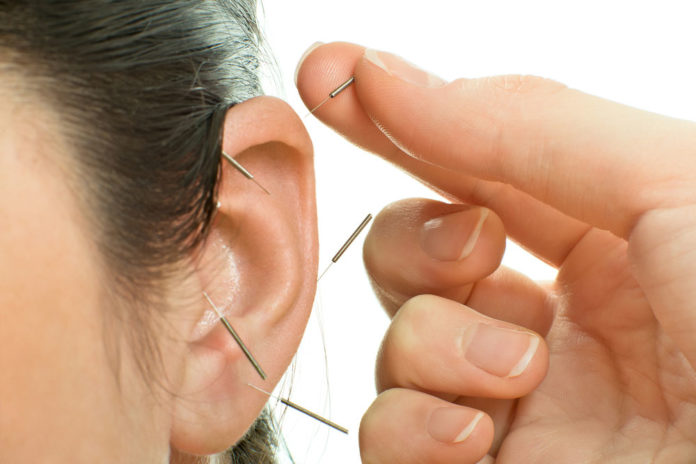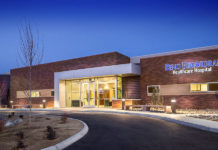A local judge is using his influence to help Circleville, Ohio individuals in addiction recovery.
Pickaway County Common Pleas Judge P. Randall Knece has teamed up with chiropractor Dr. Kenneth Laux to offer acupuncture therapy to former inmates who have undergone addiction treatment.
Laux co-operates Circleville Chiropractic Center and is certified by the National Acupuncture Detoxification Association (NADA). NADA specializes in auricular acupuncture — which stimulates external points of the ear — to treat behavioral and mental health, substance use disorders and other medical conditions.
Knece became aware of the healing potential of acupuncture therapy from representatives of a local addiction recovery house to which he occasionally refers court defendants.
When Knece asked Laux if the procedure helps people with substance use disorders, Laux confirmed that it does.
This alternative method of treatment is one of many avenues in which state government officials and local law enforcement are exploring to curb Ohio’s opioid crisis.
The Ohio Department of Health reported that 4,050 unintentional drug overdose deaths occurred in 2016. Fentanyl was present in nearly 60 percent of cases, while carfentanil appeared in 340 cases.
Law enforcement officers and first responders in Pickaway, Ross, and Chillicothe Counties saw a spike in drug overdoses in late April and early May, prompting warnings to be sent out by the Heroin Partnership Project.
Knece is reconsidering how the state courts can potentially approach revise its practices to assist offenders in similar situations. He stated that sending people to jail will not fix the problem.
With the help of the state’s Targeted Community Alternatives to Prison grant, Knece received $434,000 to fund addiction treatment and other justice programs. The grant is intended to seek alternatives to incarceration for non-violent offenders of a fifth-degree felony. A portion of the grant is directed toward acupuncture services to supplement addiction recovery efforts for those who do not have access to Medicaid.
Knece clarified that the acupuncture therapy is a voluntary practice for currently sober patients who believe they may benefit from it. The therapy supplements additional forms of treatment, including cognitive-behavioral therapy and Narcotics Anonymous group sessions.
Twice a week, Laux administers auricular acupuncture to participating patients at the Pickaway Area Recovery Services (PARS). When inserting the needles into specific locations of their ears, he explains how the therapy should affect them. Once the needles are in place, patients sit with them for half an hour before they are removed.
Many individuals said that they have experienced stress relief, improvement in their moods and better handling of their emotions with the treatment.
According to a recent study published in East Asian Archives of Psychiatry, acupuncture was found effective in treating opioid withdrawal symptoms, specifically anxiety and depression. However, had limited efficacy in reducing opioid cravings.
PARS executive director Barry Bennett said that those who have gone through acupuncture therapy as a means to address drug addiction have seen higher success rates of not relapsing.
Laux stated that the needle placements in the ear help patients experience a sense of calm. He added that the stimuli produced by auricular acupuncture helps patients center themselves on their present recovery.
Bennett said that the peacefulness these addiction recovery patients experience is something they need to feel.

















